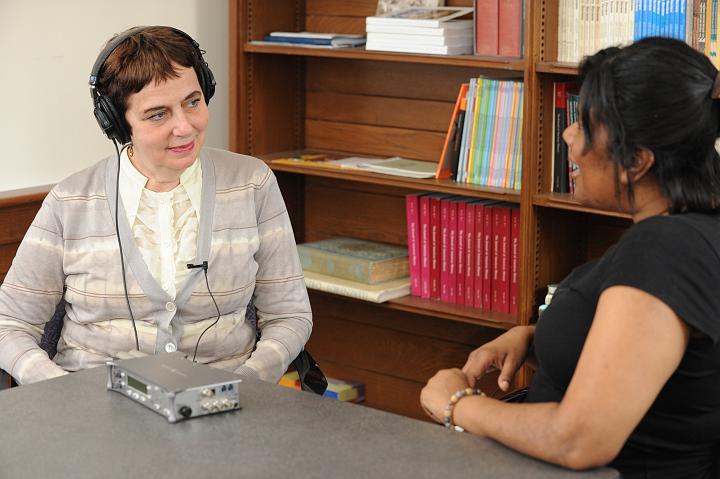Search Results
Phoenix House Foundation oral history collection, 2014-2015
183 GigabytesBarry McCaffrey, 2015 April 2 Box 2
- Abstract Or Scope
-
McCaffrey describes his first encounters with substance abusers in the military during the 1960s and the subsequent pathway to his position as the Director of the White House Office of National Drug Control Policy. He discusses the politics of White House agencies and controversies over their respective jurisdictions. He speaks extensively on the nexus of mental health issues and substance abuse, and the role of the family in instilling anti-drug values in children. He narrates his own education on the "drug issue," from drug courts to methadone to therapeutic community methods. He gives his impressions of Phoenix House's work amid this discussion. McCaffrey also details the issues surrounding government funding of substance abuse treatment programs. Finally, he discusses the scientific controversies of using medication in treatment for addiction.
Carlos Pagan, 2014 August 11 and 2015 March 3 Box 3
- Abstract Or Scope
-
In the first session, Pagan discusses his initial involvement with Phoenix House and his role in founding the program. He explains how he joined Efrén Ramirez's rehabilitation program after years of chronic drug abuse and details how that initial program grew in membership and gradually evolved into Phoenix House. Pagan credits the creation of Phoenix House to the support group of six founding members that he maintained, and a move from Hart Island to Manhattan, which put the group out on their own. In the second session, Pagan discusses the dynamic that existed between the original six members of Phoenix House, as well as his childhood upbringing in Williamsburg as a young Puerto Rican immigrant. Pagan details the beginning of his drug use in the mid-1950s, due to his gang involvement and his subsequent bouts with incarceration. He explains how he joined Efrén Ramirez's program to rehabilitate and how he met the first few members of the Phoenix House program there. He then documents the acquisition of the first house and subsequent expansion.
